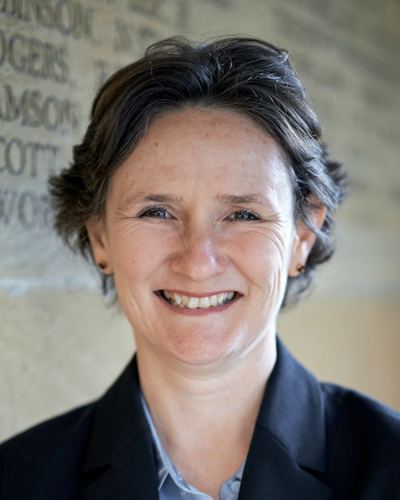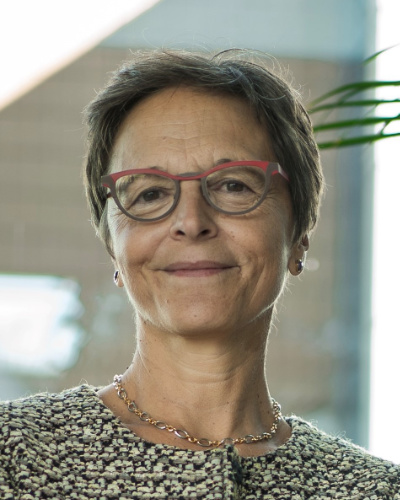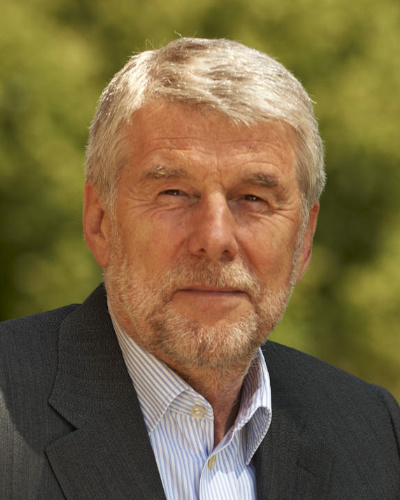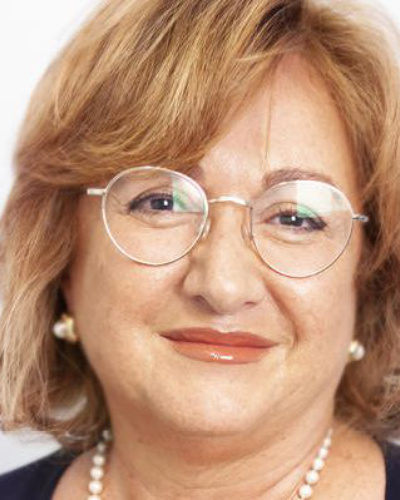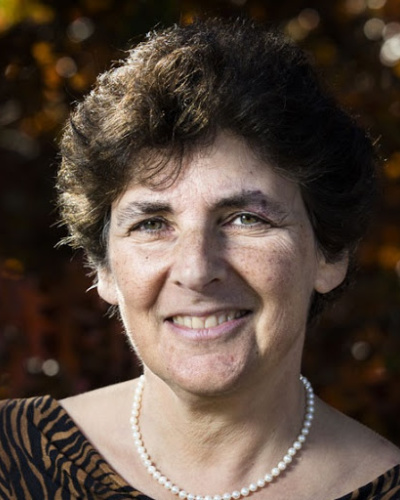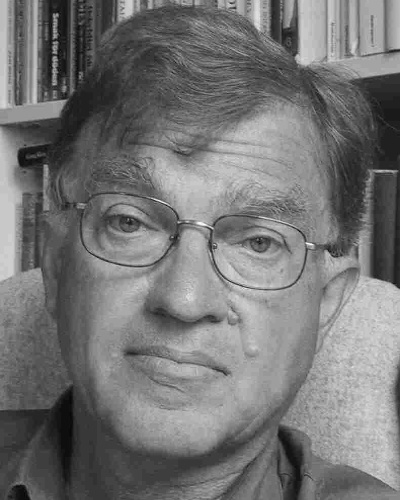The FENS Regional Meeting Committee
The FENS Regional Meeting Committee (FRM) is a special committee which advises the Executive Committee and the Governing Council on the proposals received from the societies.
Chairperson
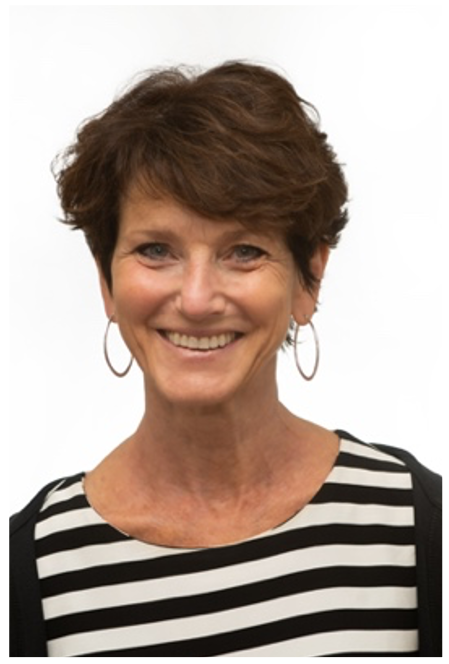
Paola Bovolenta, Spain
FENS President-Elect
2024 - 2026
Prof. Paola Bovolenta is a distinguished Research Professor at the Agencia Estatal Consejo Superior de Investigación Científicas (CSIC), serving as Director of the Centro de Biología Molecular Severo Ochoa (CBM, CSIC-UAM) and leading the U709 unit of the CIBER for Rare Diseases. Her academic journey began with a PhD from New York University, School of Medicine, under the guidance of Prof. CA Mason. She pursued postdoctoral research at Columbia University’s Center for Neurobiology and Behavior with Prof. J. Dodd, followed by a tenure at the Cajal Institute, CSIC, Madrid, under Prof. M. Nieto-Sampedro.
In 1996, she founded her research group at the Cajal Institute, later assuming the Chair of its Molecular, Cellular, and Developmental Biology Department in 2005. Recognised for her expertise, she co-established the CIBER for Rare Disease in 2006, supported by the Instituto de Salud Carlos III.
Transitioning in early 2011, she relocated her lab to CBM, taking charge of the Tissue and Organ Homeostasis Program and subsequently assuming the role of CBM Director in 2023. Her professional trajectory includes training at DIBIT in Milan and the Ecole Normale Supérieure in Paris. She served as CSIC’s Biology and Biomedicine Coordinator from 2008 to 2014, overseeing 22 research centres in Spain.
Her leadership extends internationally through roles on the Scientific Council of the European Research Council (ERC) and advisory boards such as EMBO Policy Advisory Board and ERA-NET Neuron’s Scientific Advisory Board. She also contributes as Senior Editor at EJN and other editorial boards, fostering international collaboration in research and policy.
Committee Members
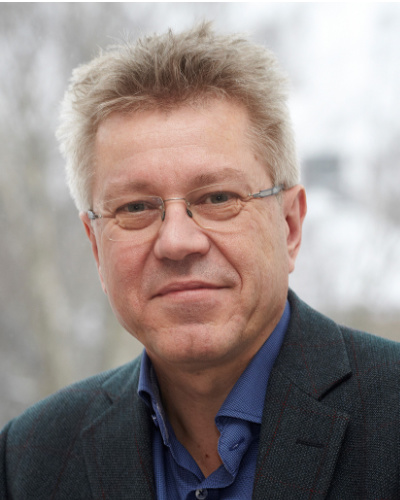
Ole Kiehn, Denmark
FENS President
2024-2026
Ole Kiehn is a currently Professor in Integrative Neuroscience at the Department of Neuroscience, University of Copenhagen, Denmark and Professor in Neurophysiology at the Department of Neuroscience, Karolinska Institutet, Sweden. He received his MD in 1985 and Dr Sci. in 1990 from the University of Copenhagen and was a postdoc at Cornell University, US. He studies the organisation of neuronal circuits that execute movements. His work has identified key elements of spinal circuitries necessary for producing changes in timing and coordination of locomotion and delineated the diversification of brainstem circuits involved in the episodic expression or context-dependent selection of locomotor behaviour. His work demonstrates translational potential in developing therapies for movement disorders caused by trauma or disease to the nervous system. Kiehn’s work has been recognized with the Schellenberg Prize, Kirsten and Freddy Johansen’s preclinical prize, The Brain Prize (2022), Torsten and Ragnar Söderberg’s Professorship, a distinguished professorship award at KI, ERC advanced grants. He is an elected member of EMBO, the Royal Swedish Academy of Science, The Royal Danish Academy of Sciences and Letters, Academia Europea and the Nobel Assembly at Karolinska Institutet (since 2008) and the Nobel Committee for Physiology or Medicine (2014-2019).
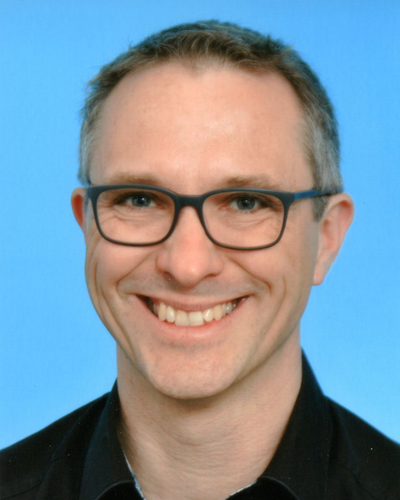
Dirk Schubert, Netherlands
CHET Committee Chair
2022-2026
Dirk Schubert is an Assistant Professor and principal lecturer, leading his research group for “Cellular Neurophysiology” in the Cognitive Neuroscience Department at the RadboudUMC in Nijmegen (Netherlands) since 2013. After obtaining his PhD in Biology at the Heinrich Heine University of Düsseldorf (Germany), doing a postdoc at the C&O Voigt Institute for Brain Research in Düsseldorf and being a guest researcher at the University of Szeged (Hungary), he joined the RadboudUMC in 2006.
His current research group focuses on understanding neuronal network formation and maturation in health and disease (ASD, schizophrenia and epilepsy), with a particular focus on the neuronal circuitries maintaining excitatory/inhibitory balance in rodent ex vivo models as well as human IPSC derived neuronal networks (“human neurological disorders in a dish”).
As principal lecturer, he coordinates and teaches courses across faculties at the RadboudUMC (Medicine and Biomedical Science curriculum) and the Radboud University (Biology and Molecular Life Sciences curriculum) at bachelor’s and master’s levels. Besides being representative of the RadboudUMC Biomedical Science Master specialisation in Medical Neuroscience at NENS, he is strongly involved in various teaching management teams that shape the general bachelor and master curricula at the RadboudUMC.
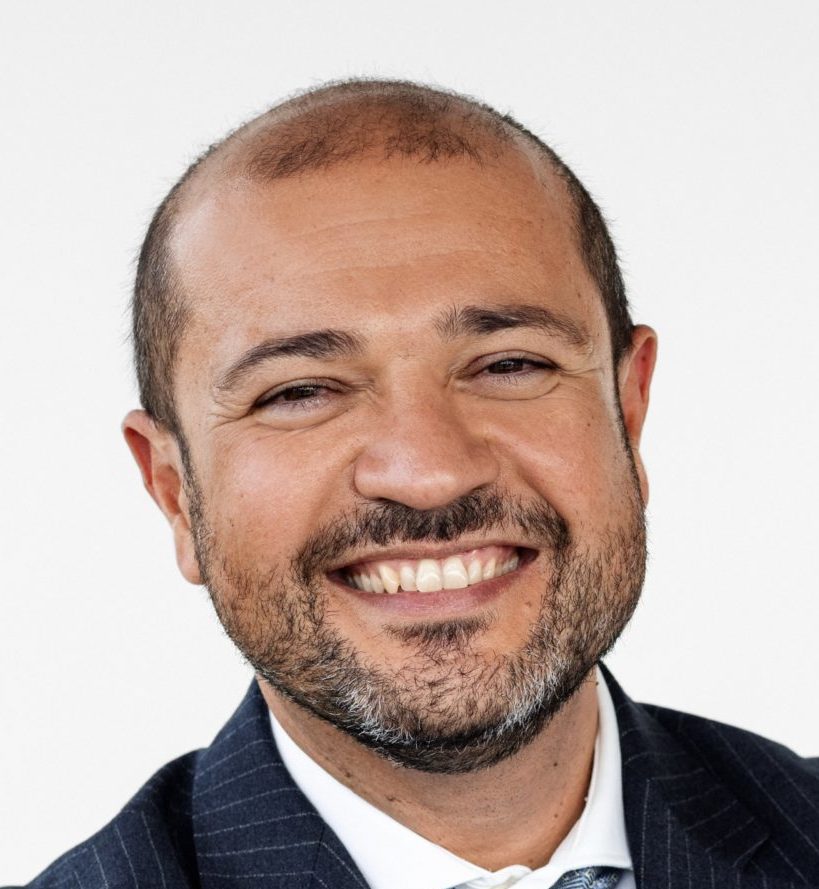
Emre Yaksi, Norway - Turkey
Programme Committee Chair
2024-2026
Throughout his career, Dr Emre Yaksi developed and used optical, electrophysiological and genetic tools for studying neural computation in small genetically tractable animals, namely fruitflies and zebrafish. The unique combination of these novel technologies enables neuroscientists to design innovative experiments to study neural circuits, which were unthinkable only a few years ago. Together with his team, Dr Yaksi investigates how sensory information is represented in the brain and how it interacts with the internal states of the brain associated with adaptive behaviours.
Dr Emre Yaksi received his B.Sc. (2001) in Molecular Biology at Middle East Technical University, Ankara-Turkey. He obtained his PhD (2007) at Max Planck Institute for Medical Research, Heidelberg-Germany. He worked as a post-doctoral fellow (2007-2010) at Harvard Medical School, Boston-USA. He was an assistant professor (2010-2015) at Neuroelectronics Flanders at Catholic University of Leuven, Belgium. Since 2015, Dr Yaksi has been a professor at the Kavli Institute for Systems Neuroscience at the Norwegian University of Science and Technology, Trondheim, Norway. Since 2022, Dr Yaksi has been an adjunct professor at Koç University Hospital, Istanbul, Turkey.

